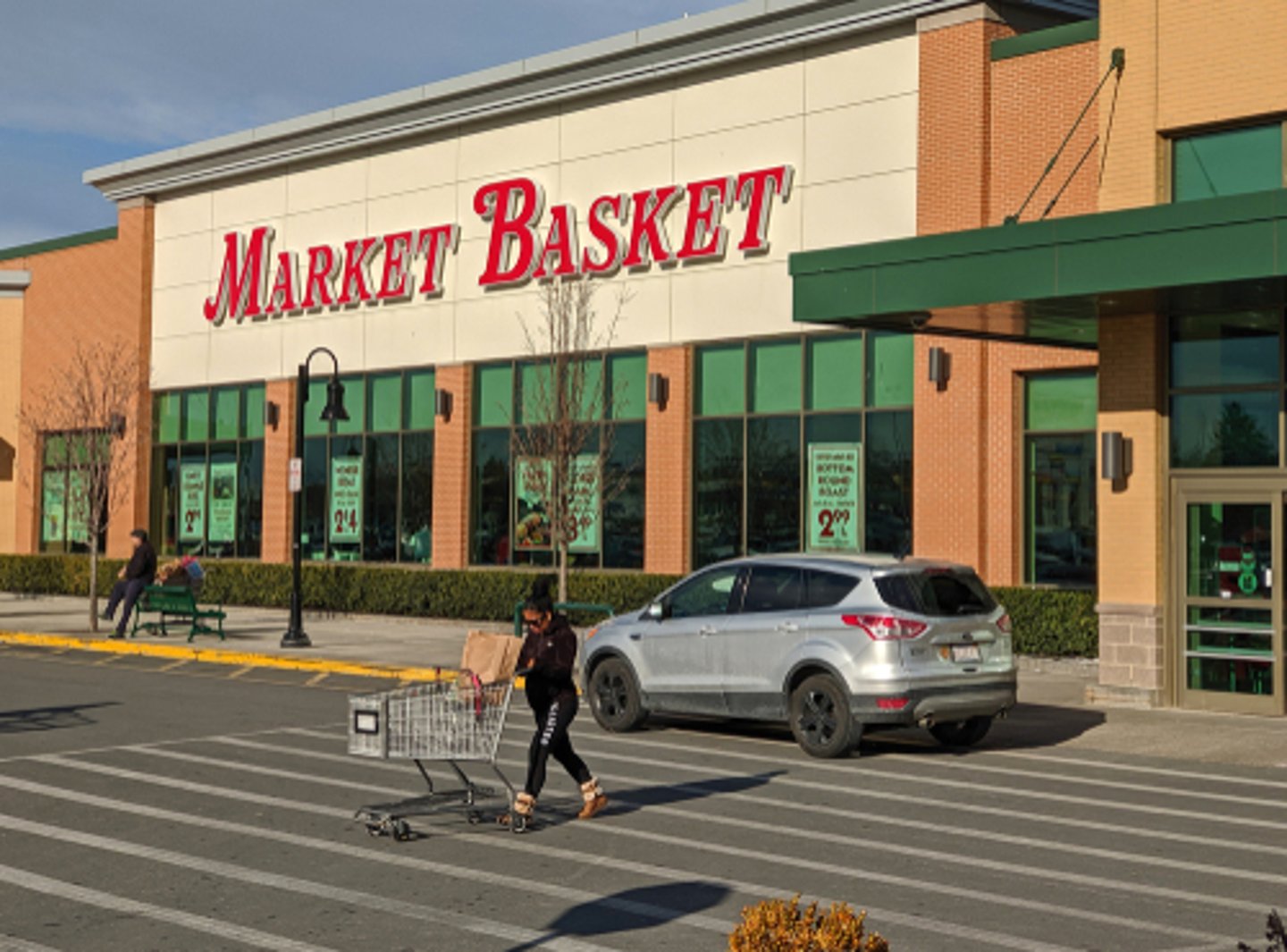Market Basket, Aldi, Winco Top Dunnhumby's Retailer Preference Index
Global business data firm dunnhumby has released a special edition of its Retailer Preference Index (RPI), with Massachusetts-based grocery Market Basket topping Aldi and Winco as the top-ranked grocery for the current inflationary period.
The dunnhumby RPI: Special Inflation Edition was released today as part of The dunnhumby Quarterly: a strategic market analysis of key retail themes. Grocery Outlet and Save A Lot rounded out the top five of preferred retailers, followed by Lidl, Dollar General, Food4LessFoodsCo, Family Dollar, and military commissaries, highlighting a strong consumer demand for private label products as prices rise.
“Market Basket has shown itself to be the best performing retailer in these times of economic uncertainty, by being the best in the country at saving customers money while simultaneously building stronger emotional connections with their shoppers and thereby increasing their shopper visits faster than most other retailers,” said Grant Steadman, President of North America for dunnhumby. “Retailers who are focusing their customer value proposition on saving customers money are best positioned to meet the challenges of this prolonged period of inflation and economic uncertainty.”
As part of two studies, dunnhumby surveyed 18,000 grocery shoppers, finding that Market Basket was the only retailer in the U.S. who is in the top-five in both base price perception and mass promotions perceptions.
“Saving customers’ money” is only one and a half times more important than delivering high quality, according to the research. The last two preference drivers, “make it seamless” and “make it dependable,” have virtually no association with retailer outcomes. The data firm found the “make it seamless” preference driver refers to the customer’s need delivered by e-commerce and digital capabilities while the “make it dependable” preference driver refers to out-of-stock rates for a retailer.
The report from dunnhumby found that premium retailers such as Sprouts, Wegmans and The Fresh Market, are not well positioned for inflationary periods due to higher prices and less cross-shopping ability. The report showed that dollar retailers have lesser cross-shopping ability as well. For example, 81% of Dollar General shoppers cross-shop at Walmart, which is better positioned for inflation, and 38% cross-shop at Family Dollar.


